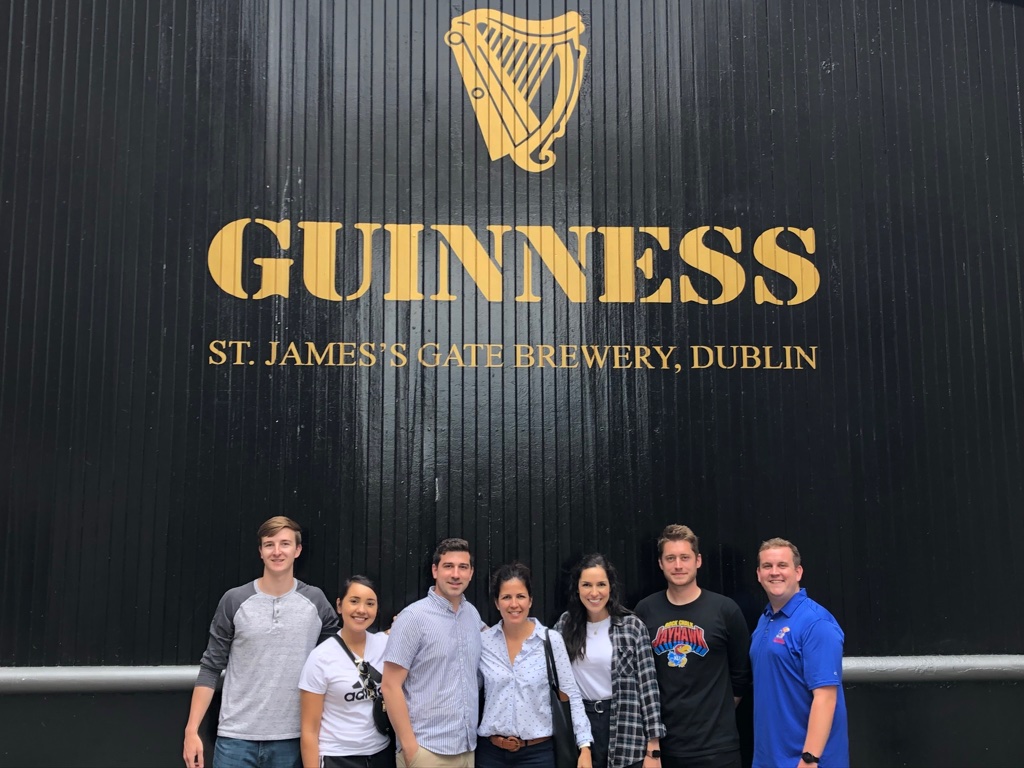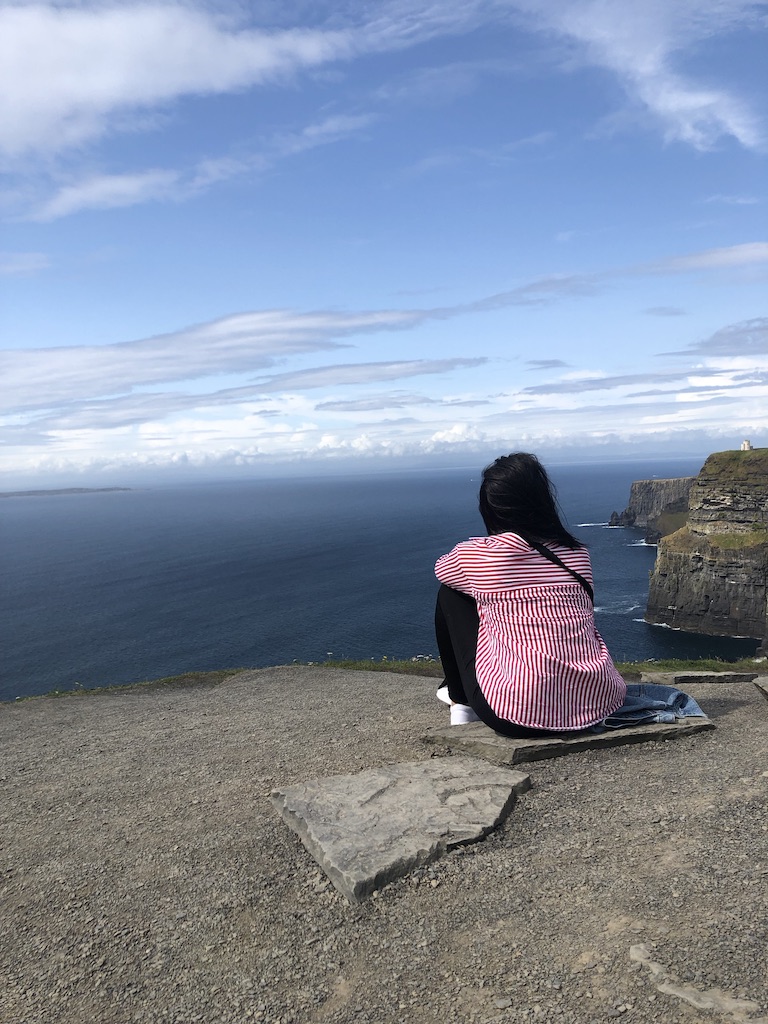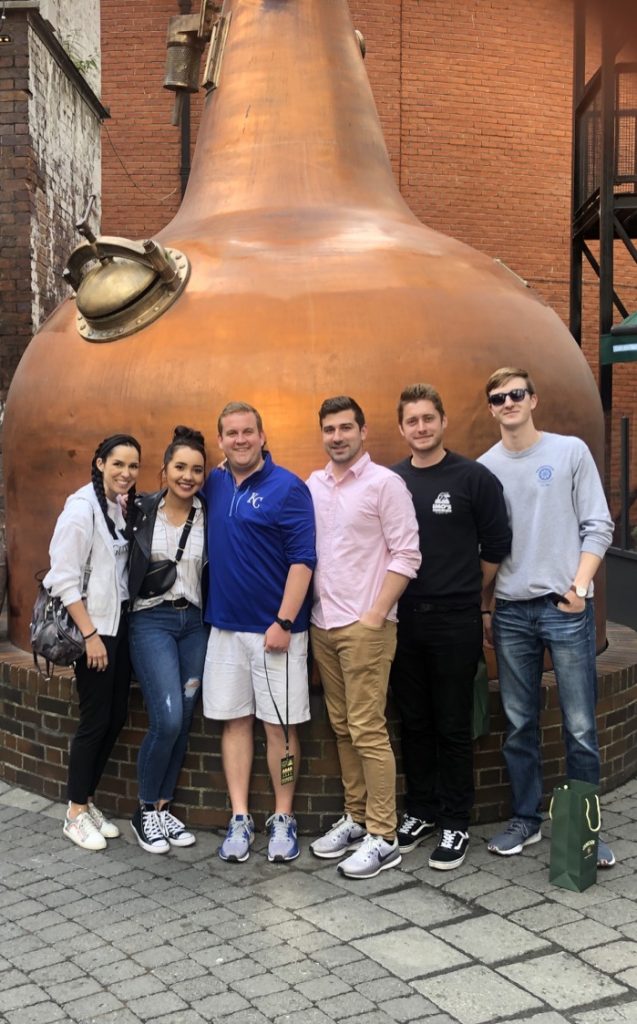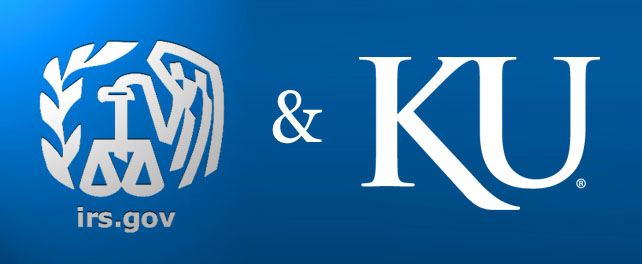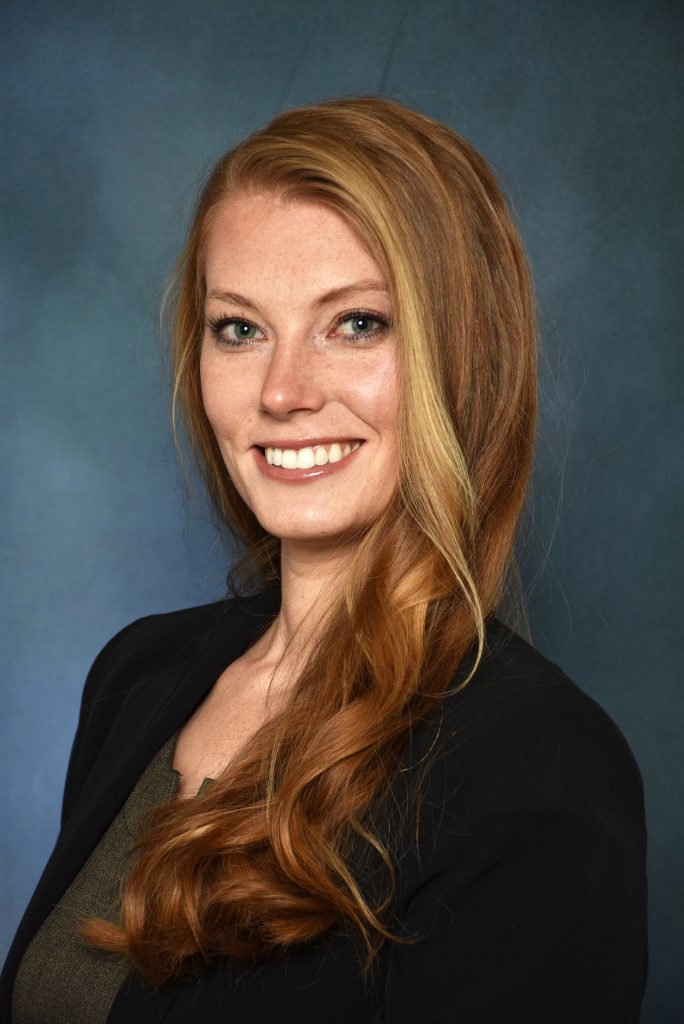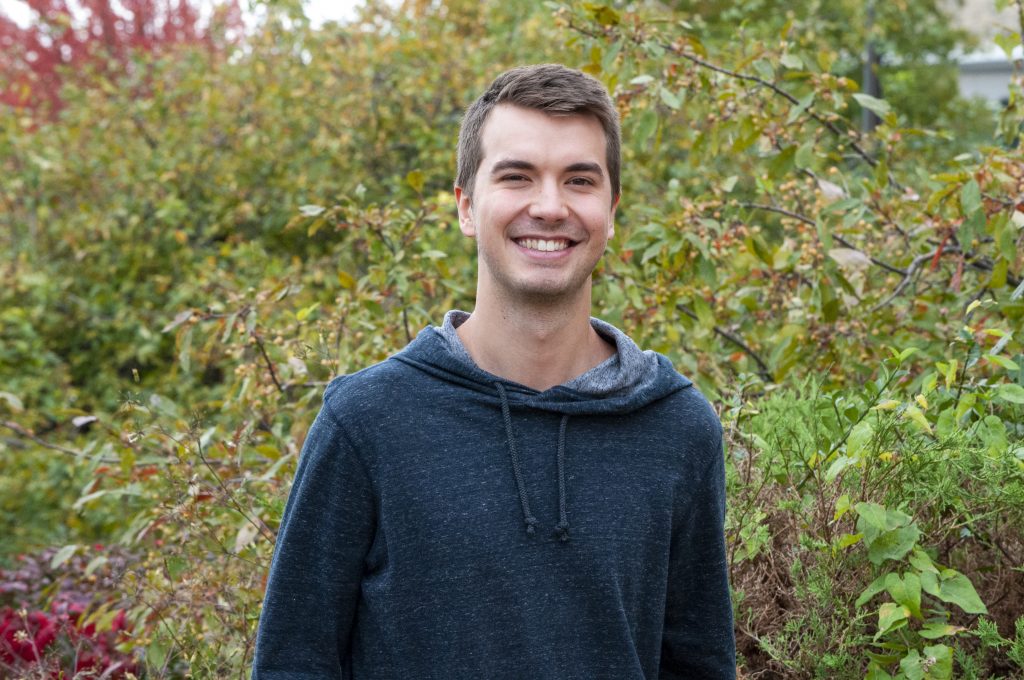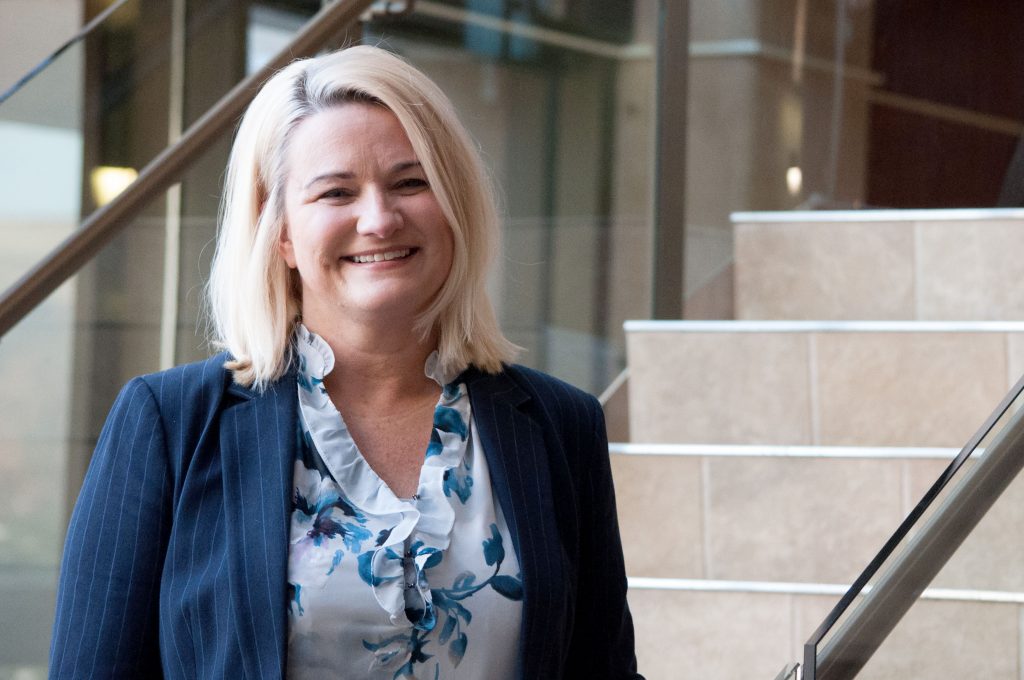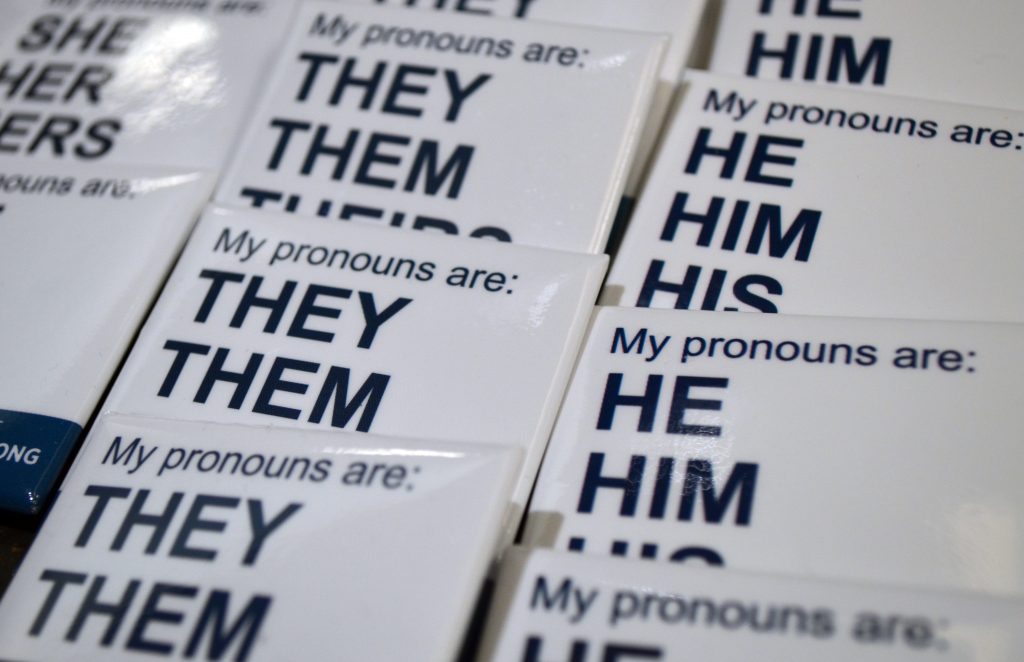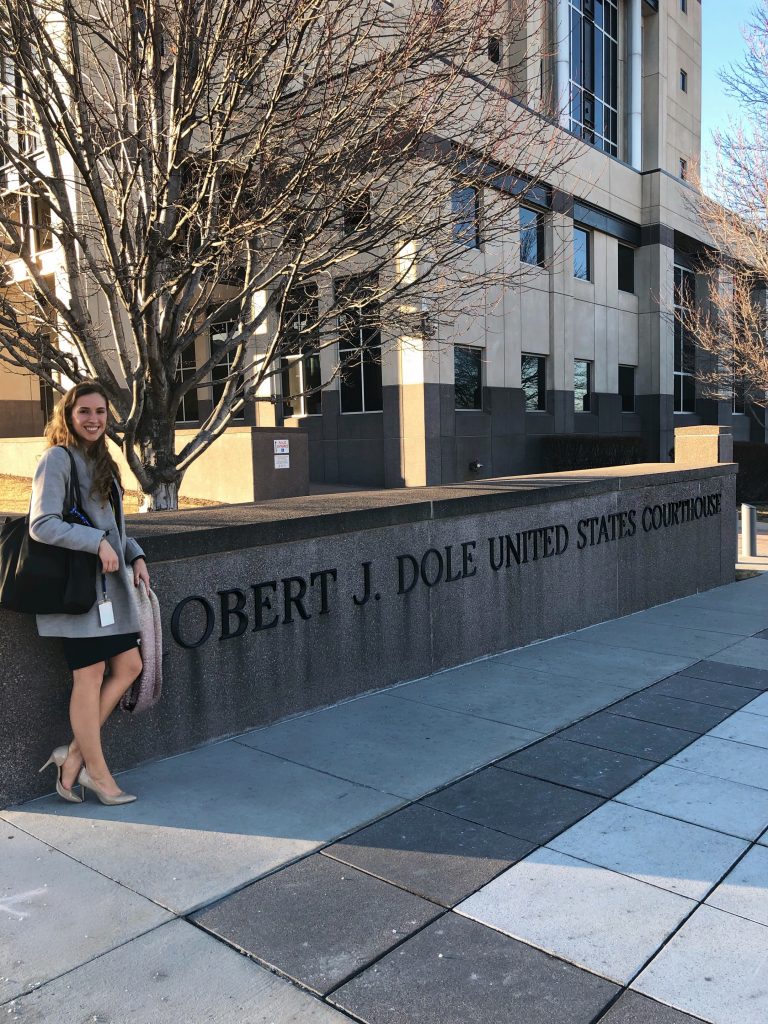
Now over halfway through my 2L year, I can confirm that the common mantra — “1L year they scare you death; 2L year they work you to death; 3L year they bore you to death” — certainly captures the 2L year well. However, despite this year’s increased workload, I’ve really enjoyed being able to choose my own schedule. One of my favorite parts of 2L year has been working at a Judicial Field Placement. Since September, I have been interning for a federal judge at the United States District Court for the District of Kansas. My days at the courthouse are not only incredibly educational, but are also a welcome break from Green Hall.
While at work, I split my time between observing, researching and writing. The observation side has been great, while concurrently taking courses such as Evidence and Trial Advocacy as well as competing in moot court. I get to see some of the skills I’m learning about put into practice by practicing attorneys. I’ve watched portions of trials (both civil and criminal), as well as many proceedings such as motion hearings, change of plea hearings, status conferences and sentencings.
One of the most exciting parts of my internship has been the research and writing assignments I’ve worked on. In most of my prior legal writing (whether that be 1L Lawyering Skills, firm work over the summer, my more advocacy-driven 2L classes or preparing for moot court competitions), I am generally always approaching a legal problem with the goal of advocating the best position for my “client.” However, there is no advocacy involved in chambers. Rather, a judge’s sole job is to determine what the law is and how it ought to be applied to the parties’ dispute. I love getting a behind-the-scenes look at this process, and I really appreciate how seriously the judge I am interning for takes this task. He is incredibly thorough, especially when presented with a particularly tough issue. I have come to realize how hard it can be to determine what the law is and how it should be applied, particularly when there are no guiding Tenth Circuit cases on the issue. In those cases, the effectiveness of a parties’ advocacy can play a key role in helping the court make some of those tough decisions.
I think that the most practical takeaway I’ve learned is the importance of providing clear and effective pleadings and briefs to the court. It’s incredibly frustrating to read a brief that lacks coherence, cites to outside jurisdictions when Tenth Circuit law is available, or (either explicitly or implicitly) misstates the law. Conversely, it’s incredibly valuable to read a brief that is concise, advocates the party’s position well, and provides ample on-point citations to proper binding authority. If a party omits a critical point for fear that it “looks bad,” or fails to provide citations to the key cases, the clerks will notice. This is a certain way to quickly lose credibility with the court.
This short blog post captures just a few of the many things I’ve experienced while participating in the Judicial Field Placement Program. It’s amazing how much I’ve learned in such a short time! I am so grateful to the judge I am interning for and his staff for their kindness and willingness to help me learn, and I am excited for the opportunities that the rest of this semester will bring.
— By Sydney Buckley, a 2L from Kansas City, Missouri and a KU Law Student Ambassador
